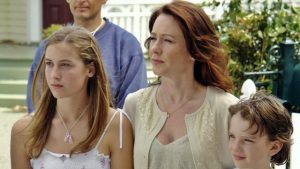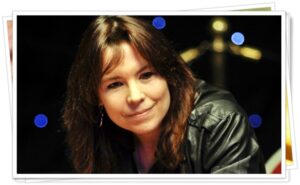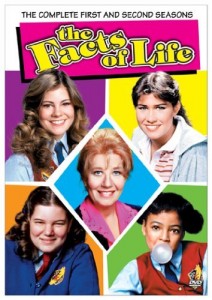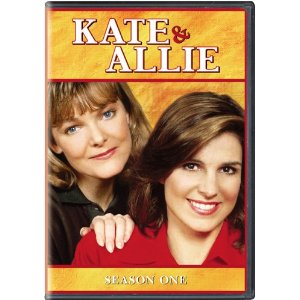Memories: Brandy does ‘One on One’
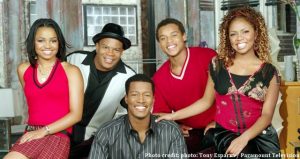
As UPN gets ready to sign off, the TV version of the circle of life continues with a guest appearance by Brandy on tonight’s season finale of “One on One” and probably its series finale. Brandy was the star of “Moesha,” UPN’s first hit show, starting in 1996.


